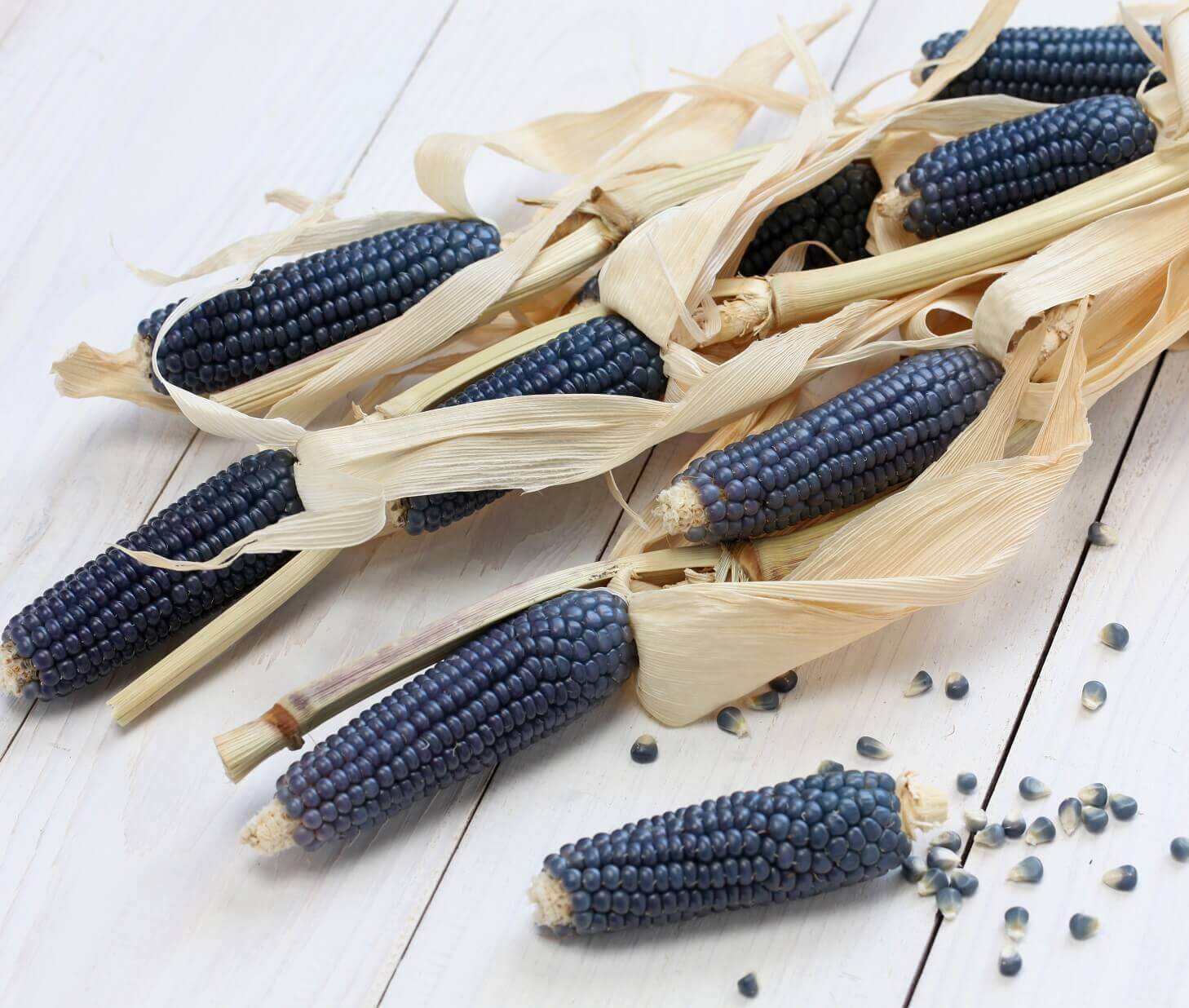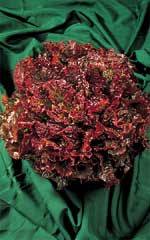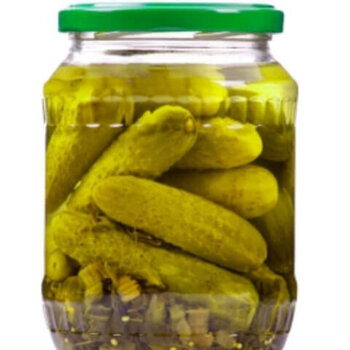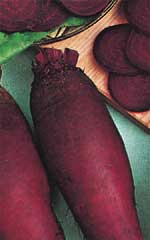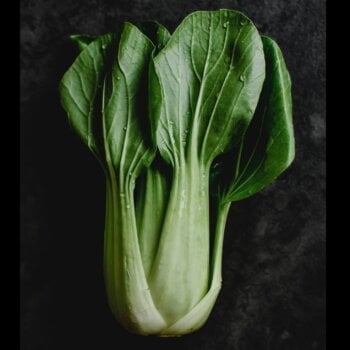Description
Blue Hopi Ornamental Corn Seeds 1602. Heirloom Vegetable.
Approx. 100-125 seeds/pkt (6 seeds/gram)
Blue Hopi was initially developed by the Hopi Native American tribe, which originates in the southwestern region of the United States. It played an important role in the tribe’s rituals, which allowed the varietal to survive through generations. This unique corn doubles as a sweet treat when eaten young or can be dried and ground for flour. Its protein content is higher than a true dent corn, making it a perfect choice for homemade tortillas. Makes a great fall decoration too! Medium size 17 cm (7″) ears on 1 to 1.5 m (5-6′) plants.
How to Grow
Best growth in a sunny, wind sheltered site with a well drained soil and soil pH of 5.5 to 6.5. Sow seed after all danger of frost is past and the soil has warmed –planting any sooner delays germination increasing the risk of damage or destruction by insects or rot before sprouting Sow seed in rows 10-15 cm (4-6″) apart, thin to 30 cm (12″) apart with the rows 90 cm (36″) apart. To ensure proper pollination, plant at least 3 to 4 rows. Plant 250 g (1/2 lb) to a 30 m (100′) row; 4.5-6.8 kg (10-15 lbs) per acre. Work in a vegetable fertilizer at planting. Keep weeds under control. Irrigate frequently through the season. Sufficient water is particularly important at flowering and when the cobs begin to fill. Cobs are ready for harvesting when the ‘silks’ turn dark brown. To check for optimum maturity, gently peel back a section of the husk and press your thumbnail into a kernel. If the liquid is a milky colour, the corn is ready. If clear, the corn is immature. Sowing Temperature Guidelines. Sow only when soils have warmed to 18 C. Some years this happens in mid May, other years we need to wait until late May or early June.

